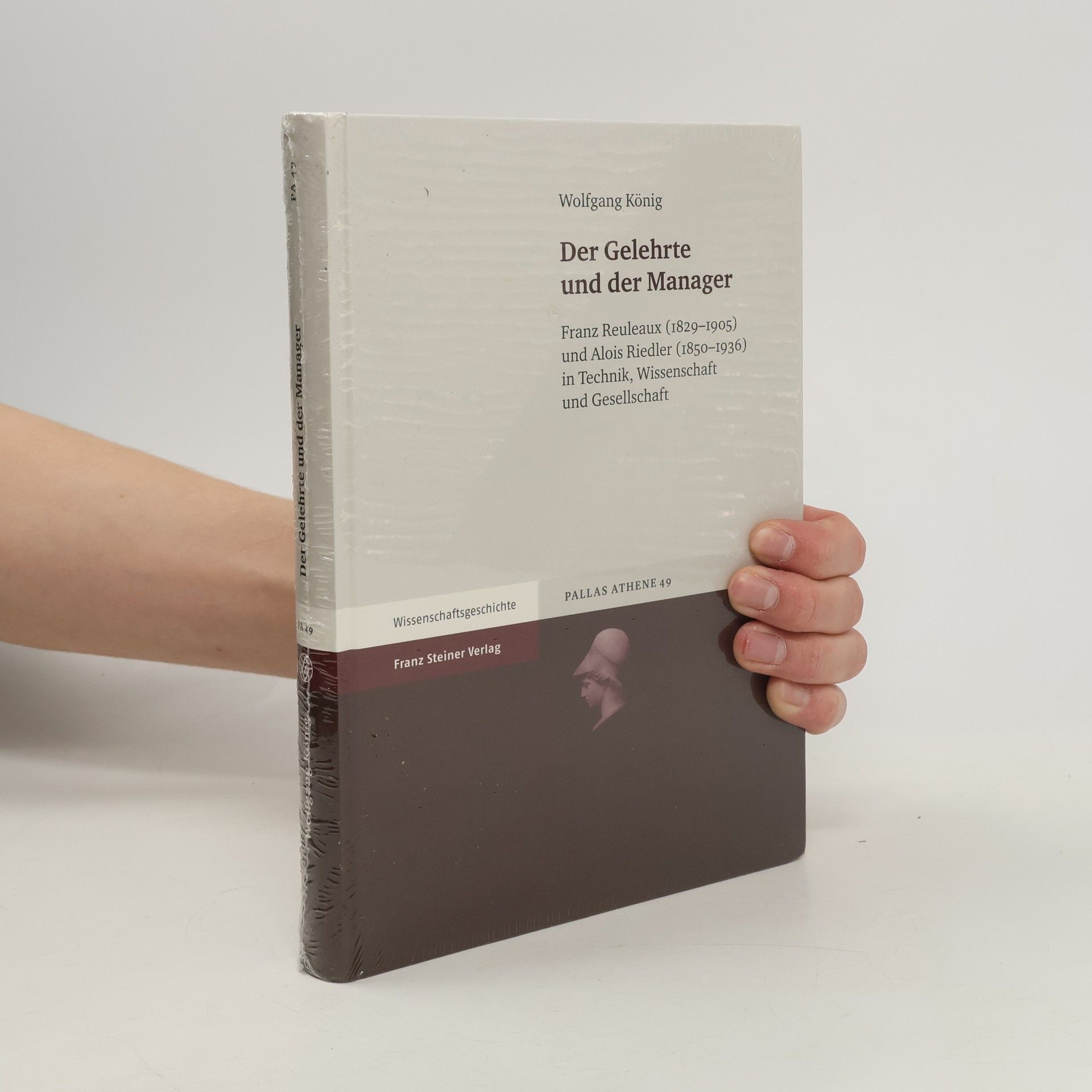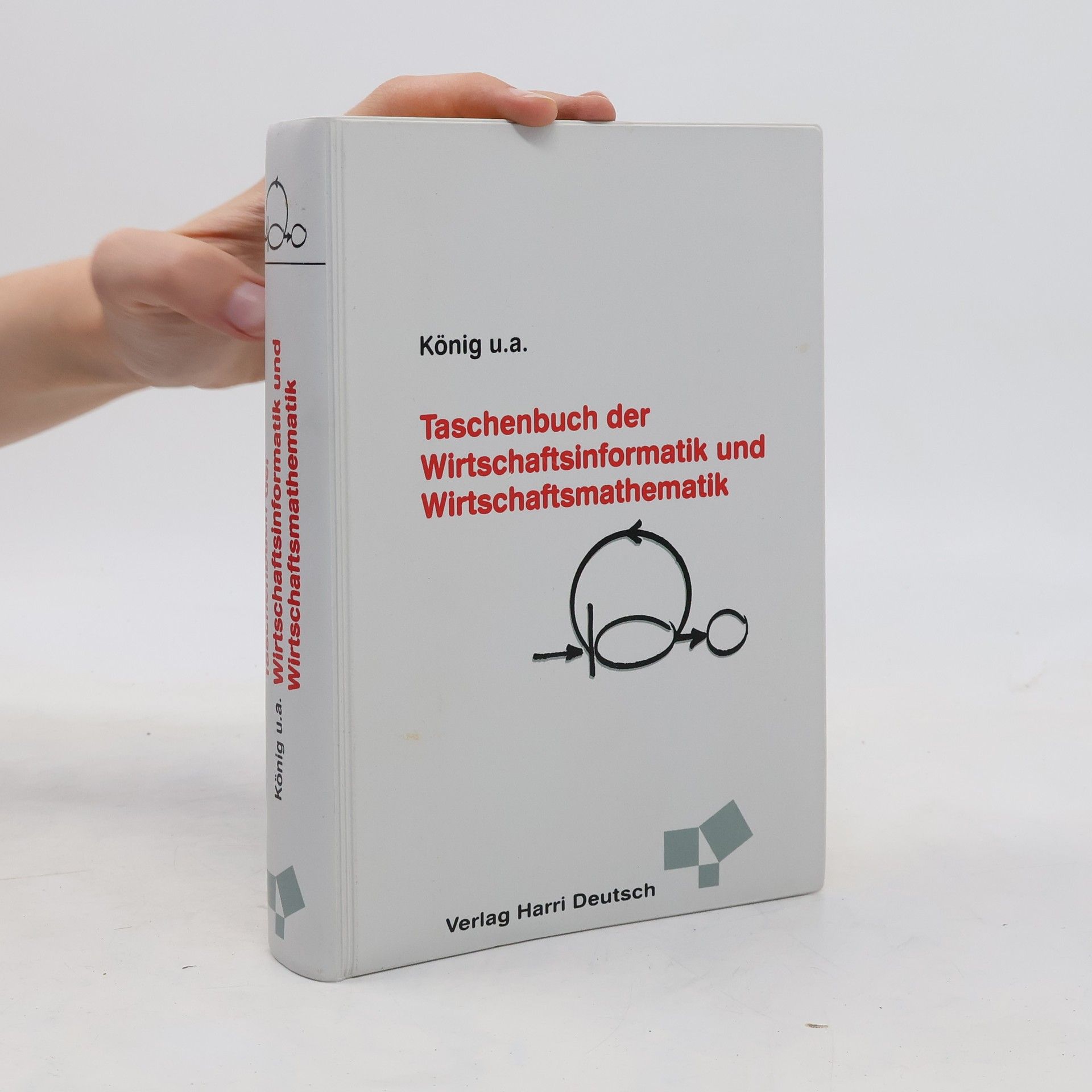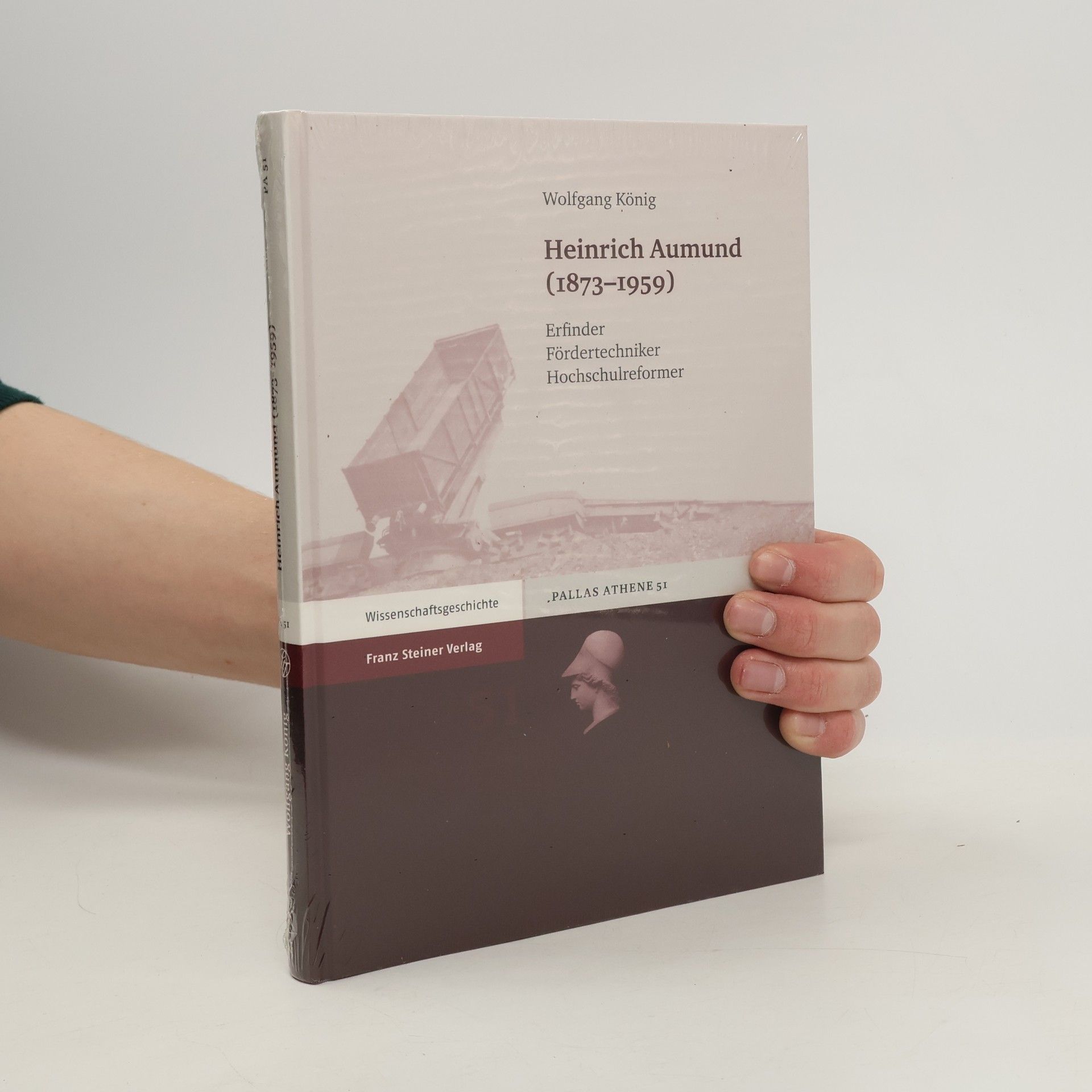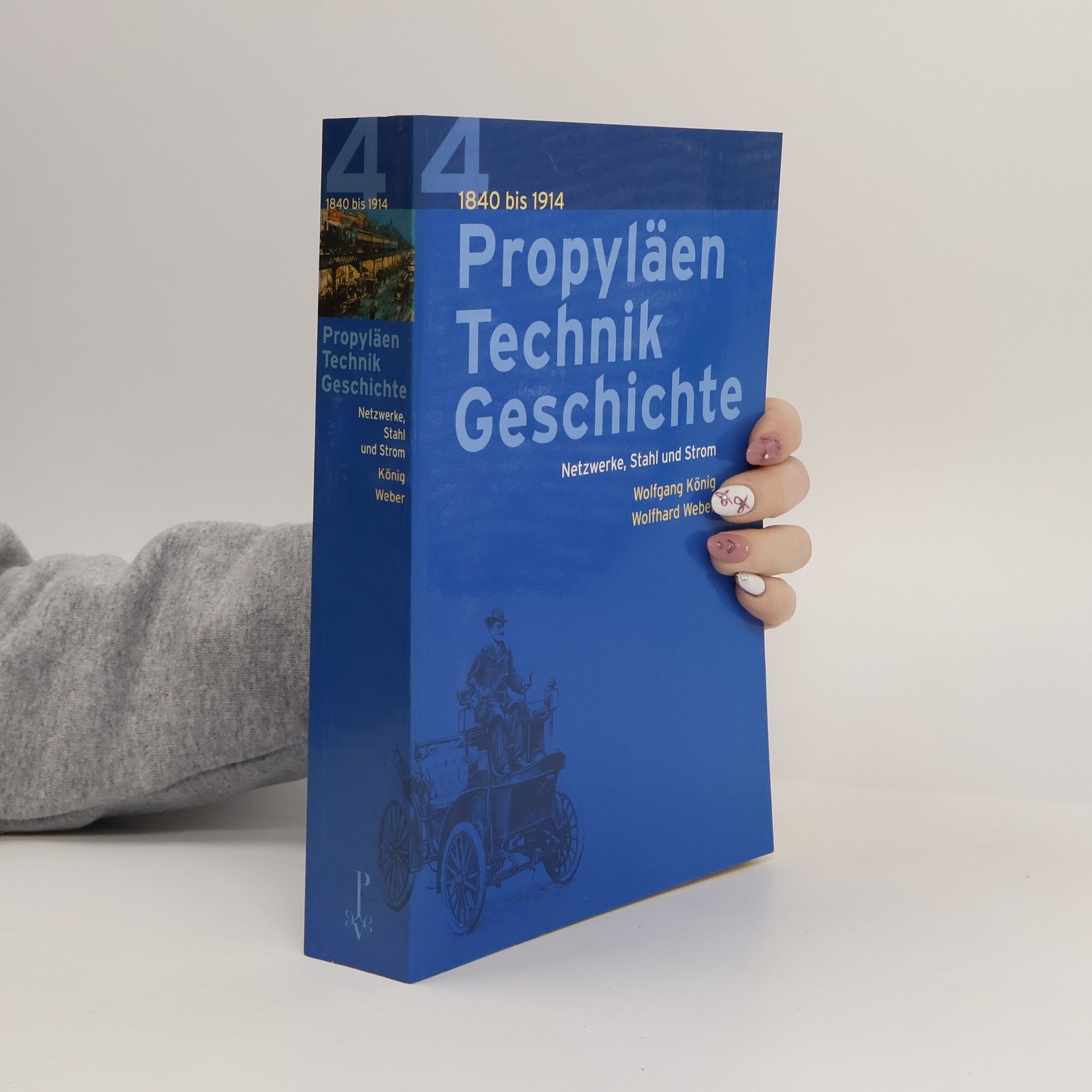Ohrenbärin Moppeline (Partitur)
Ein musikalisches Märchen
Das ungeordnete Gezwitscher der Vögel stört die ohrenempfindliche Bärin Moppeline. Daher sorgt sie dafür, dass jede Vogelart ein eigenes Lied bekommt. Doch was sollen die Eulen singen, die mal wieder alles verschlafen haben? Das auf einem baltischen Märchen basierende Singspiel von Wolfgang König und Veronika te Reh eignet sich besonders für Vor- und Grundschulklassen, die mit viel Freude, wenig Aufwand und ohne Unterstützung durch weitere Personen eine kleine Aufführung vorbereiten wollen. Bekannte Lieder stehen neben pfiffigen Neukompositionen, begleitet durch eine einfache Klavierstimme oder mit klangvollen Playbacks. Das Stück kann flexibel an individuelle Bedürfnisse angepasst werden. Aufführungspraktische und pädagogische Hinweise aus eigener Erfahrung der Autoren geben zusätzliche Unterstützung für eine gelungene Darbietung.






